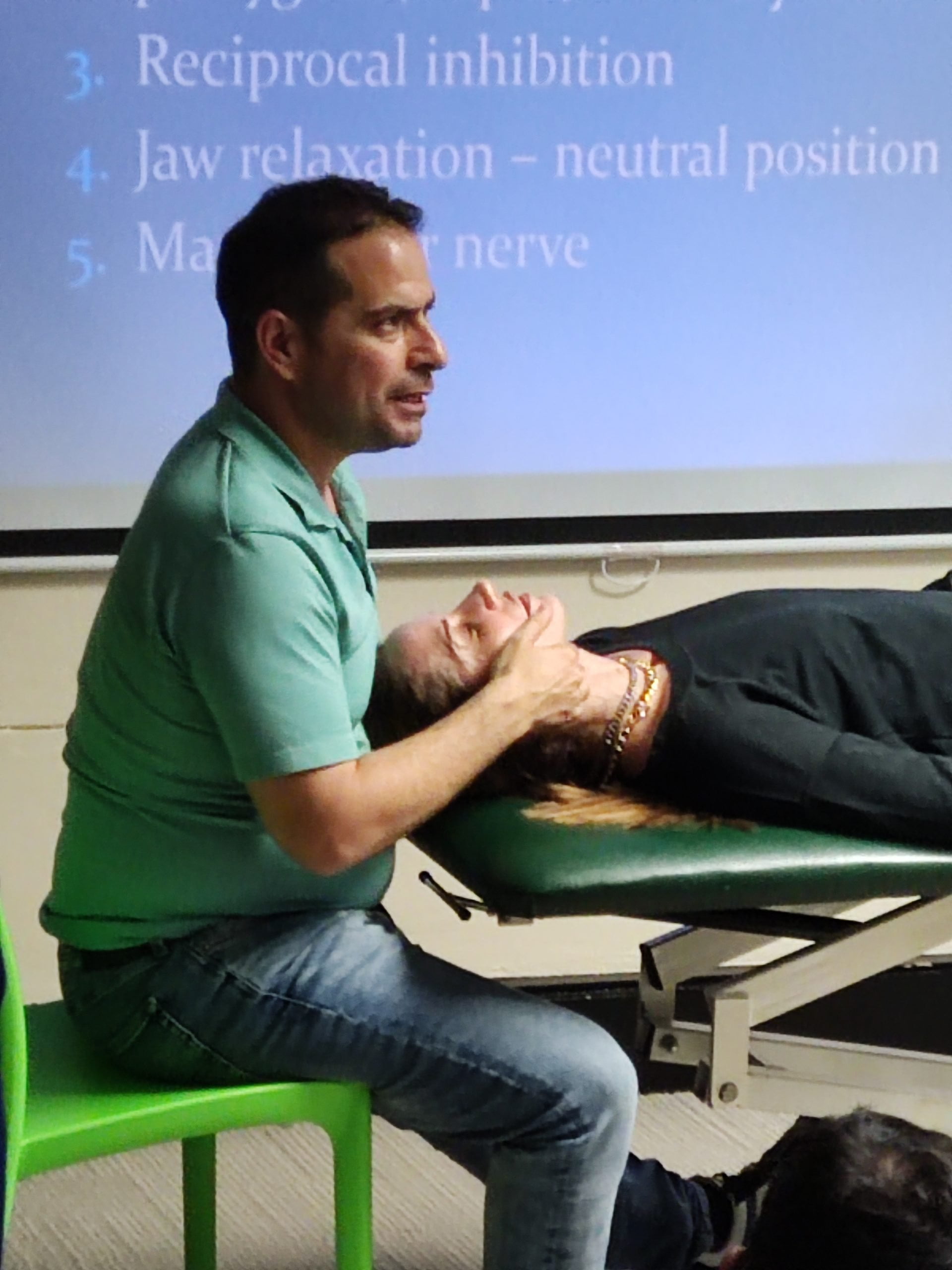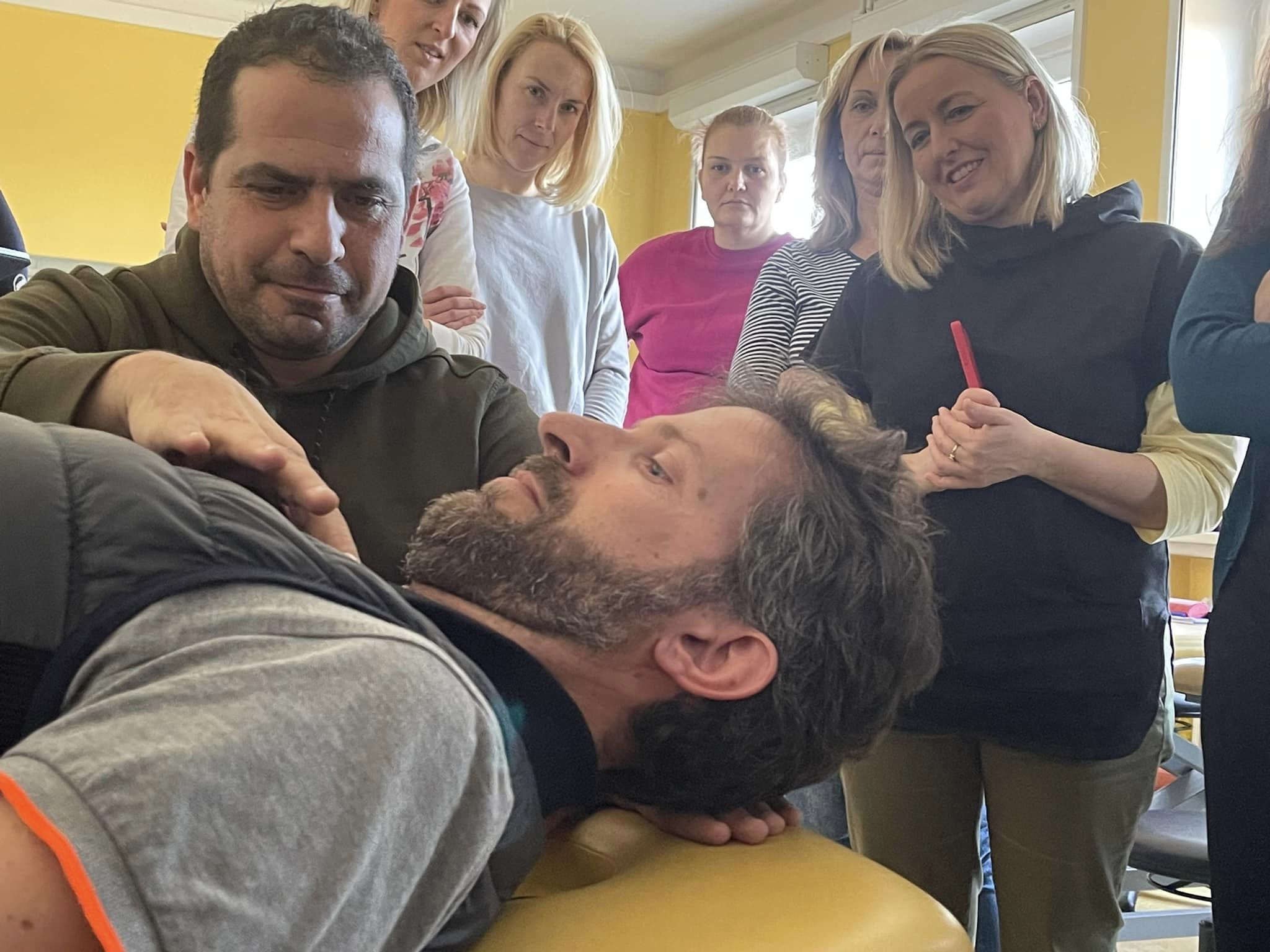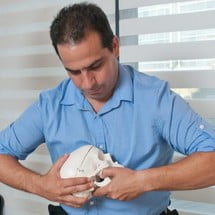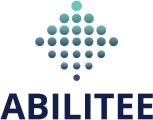TMD101:Diagnosing TMDs for Dentists
Early bird’s price: £375.00 instead of: £450.00
About course
Learning outcomes
Speaker
Target audience
Including
Extra Info
one day Course programme
About course

Limited mouth opening is a prevalent clinical problem that affects numerous individuals, and dental practitioners frequently come across patients with this condition. The underlying causes of restricted mouth opening can vary and may involve complex factors. In response to this issue, a specialized course has been developed to cater specifically to dentists seeking to comprehend the link between Temporomandibular Disorders (TMD) and limited mouth opening in their patients.
Through this course, participants will acquire valuable insights into identifying TMJ and its myofascial structures associated with it, recognizing signs and symptoms, and gaining practical proficiency in assessing, evaluating, and identifying common clinical patterns in individuals with TMD. The course consists of one day of hands-on training, supplemented by two theoretical sessions conducted via Zoom, which introduce different types of TMD.
Learning outcomes
After successfully completing the course, participants will have achieved the following competencies:
- Attain up-to-date scientific knowledge concerning musculoskeletal pain and dysfunction in the Cranio-Mandibular region.
- Develop clinical proficiency in assessing, evaluating, and identifying common myofascial structures that may contribute to pain and restricted mouth opening.
- Acquire practical skills to assess, evaluate, and recognize common clinical patterns in individuals suffering from Temporomandibular Disorders (TMD).

Speaker

Dr. Tzvika Greenbaum is a Physiotherapist since 2004, with combined clinical Master degree in Musculoskeletal & Sports fields from the University of South Australia (2006). During and following his studies in Adelaide (Australia) he has specialized in Manual Therapy for patients with neck pain and headache. He studied from leading clinicians such as Dr Dean Watson (headache clinician and researcher).Tzvika is a private clinician in the Herzlia Medical Center Experts clinic (Tel Aviv) where he mainly treats patients with neck & back pain, headaches and temporomandibular disorders. He has been teaching since 2011 Physiotherapists and other health professionals at the post-graduate level about rehabilitation of people with neck pain, headache and temporomandibular disorders. Also he’s the founder of The CCMA, The Cervico-Cranio-Mandibular Academy (CCMA), which is established to lead the field of Cervico-Cranio-Mandibular rehabilitation into modern evidence-based practice.
Tzvika completed his PhD studies from Tel Aviv University, at the Faculty of Medicine. Specifically, his research project was done in collaboration between the physiotherapy department (School of Health Sciences) and the School of Dental Medicine of the Faculty of Medicine, Tel Aviv University in Israel. In his prospective longitudinal study, Tzvika studied the relationship between specific temporomandibular disorders and impaired upper neck performance as well as the prevalence and incidence of cervicogenic headache among patients with temporomandibular disorders. This work was published in leading journals in the physiotherapy ( Musculoskeletal Science and Practice )and dentistry ( European Journal of Oral Science) professions, and Tzvika has presented his work in various conferences worldwide ( 2019 World Conference of Physical Therapy and 2017 Annual meeting of the American Academy of Orofacial Pain ).
Today Tzvika is leading a novel international multidisciplinary research project investigating the relationship between Cervico-Cranio-Mandibular Disorders and Obstructive Sleep Apean.
Target audience
- Dentists, oral maxillary surgeons
Including
Lunch and refreshments
Extra Info
With Abilitee’s unique, niche international courses, you’ll stand out as a top tier health practitioner
one day Course programme
Help: my patients can't open their mouth any wider!
- 8:30-9:00
- ,
Registration
- 9:00-11:00
- ,
Summary of the crucial points covered in the theoretical lectures conducted on Zoom before the course:
Scientific background with a clinical focus:
- Clinical Anatomy of the Masticatory System
- Kinesiology, Mechanics & Pathomechanics of the Temporomandibular Joint (TMJ)
- Anatomical & Functional Connections between the Neck and Jaw.
- Neuroanatomical Mechanisms of Upper Neck & Orofacial Pain.
- Epidemiology of Temporomandibular Disorders (TMD).
- Etiology of Temporomandibular Disorders (TMD).
- Psychosocial Factors in Temporomandibular Disorders (TMD)
- Clinical Reasoning for Diagnosing and Managing Temporomandibular Disorders:
a. Pain-related TMD
b. Intra-articular TMD
c. Degenerative TMD
- 11:00-11:30
- ,
Morning Coffee
- 11:30-13:00
- ,
TMD diagnosis:
Topographical anatomy of the temporomandibular joint (TMJ) and the myofascial structures surrounding it.
identify specific signs and symptoms that are relevant to Temporomandibular Disorders (TMD).
- 13:00-13:45
- ,
Lunch
- 13:45-15:15
- ,
TMD Assessment: gain hands-on experience in utilizing evidence-based diagnostic tools, such as the DC-TMD assessment, to effectively diagnose TMD cases.
- 15:15-15:30
- ,
Coffee break
- 15:30-17:00
- ,
Real case study demonstration & brain storming.
Frequently Asked Question
- Why is it important for dentists to learn about TMD
Broad Scope of TMD: TMD includes various conditions causing pain and dysfunction in the masticatory muscles and temporomandibular joints. Dentists need to grasp the complexity of these disorders to provide effective care.
Common Reason for Dental Visits: Pain related to TMD is a prevalent reason why patients seek dental care. Dentists must be equipped to diagnose and manage TMD to address patients’ concerns properly.
Accurate Diagnosis and Management: Dentists play a crucial role in accurately diagnosing TMD and providing appropriate treatment. Proper management can lead to better patient outcomes and improved quality of life.
Identifying High-Risk Individuals: Understanding the factors that predispose individuals to TMD allows dentists to identify those at higher risk and implement preventive measures.
Awareness of Triggering Procedures: Dentists should be aware of dental procedures that could initiate or worsen TMD. This knowledge helps minimize the risk of acute or chronic TMD development.
By acquiring knowledge and expertise in TMD, dentists can contribute significantly to reducing the occurrence and severity of TMD, promoting better oral health and overall well-being for their patients.
- Is the one day course is practical?
Yes, the course is practical. It consists of a one-day session, followed by two Zoom webinars for the theoretical part. The hands-on practical segment holds significant importance as it enables dentists to gain valuable experience in accurate diagnosis and builds their confidence when applying diagnostic and assessment techniques on their colleagues. The practical aspect of the course enhances the dentists’ skills, ensuring they are well-prepared to handle real-world scenarios and deliver effective patient care.
- Is this course part of a series?
Yes, it is the first course of two. The second course is titled “Dry Needling for Dentists,” where participants can learn how to apply dry needling techniques to the muscles and effectively reduce orofacial pain.
Testimonial
TMD101:Diagnosing TMDs for Dentists
Early bird’s price: £375.00 instead of: £450.00


